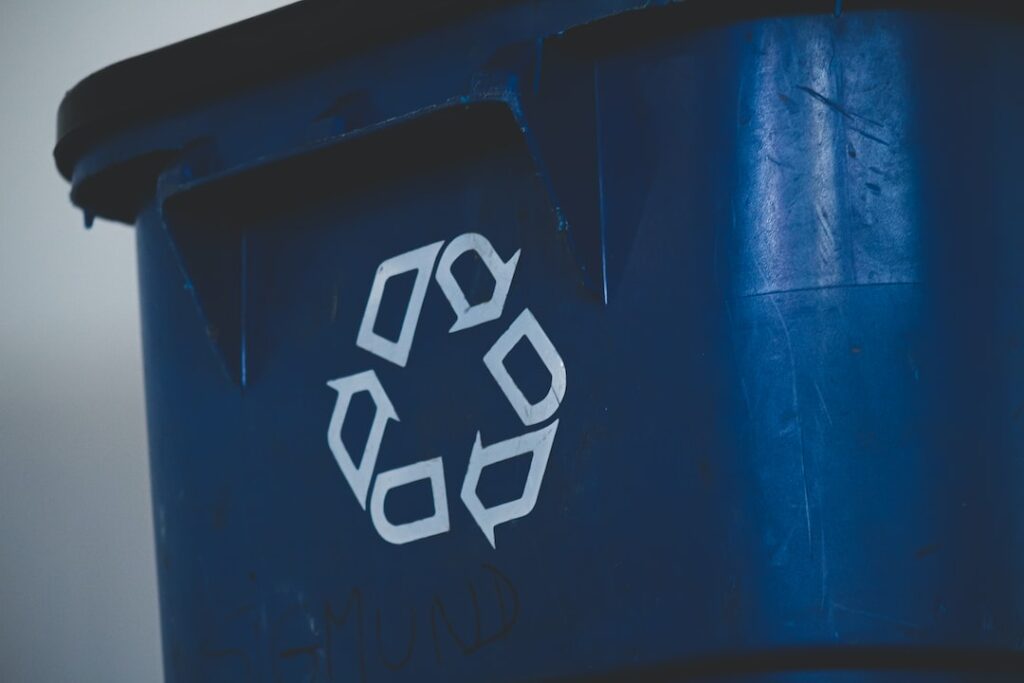
The Importance of Scrap Recycling: A Sustainable Solution for a Greener Planet
Metals are a limited resource, and recycling keeps them out of landfills, where they can degrade into methane. It also helps reduce energy consumption by not having to mine new metals from raw materials.
Reduces Carbon Dioxide Emissions
When discarded metals are sent to landfills, they can leak chemicals into the soil and water supply, which affects nearby natural habitats. When scrap metal is recycled, it helps reduce air pollution and greenhouse gas emissions. Greenhouse gases are chemical compounds that absorb and reflect the sun’s heat, warming the earth. They are produced when fossil fuels are burned for energy or to produce other products, such as metals. Scrap recycling Waynesville metals lowers these emissions, contributing to global climate change solutions.
When metals are recycled, they don’t require the mining and transporting of raw materials that emit a lot of greenhouse gases. This process is also energy efficient. For example, making steel from recycled metals requires 60 to 74 percent less energy than producing it from raw materials. The same is true for aluminum, paper, and other products. This saves the world a significant amount of energy and significantly cuts carbon dioxide emissions.
Saves Energy
Producing metal from virgin mineral ore uses a lot of energy. But when metal is recycled, a substantial amount of electricity can be saved. The U.S. recycles enough nonferrous scrap to power over 95 million light bulbs for four hours. This is a great way for businesses to save money, especially for expensive raw materials such as aluminum and steel.
Keeping scrap metal out of landfills also reduces the need for mining operations that can pollute water quality and destroy wildlife habitats. It conserves the limited supply of natural resources and lessens greenhouse gas emissions contributing to climate change. Many people forget that recycling doesn’t just save energy on trash collection – it can also be used to generate electricity. It is much cheaper and less energy-intensive to produce products from recycled materials than extracting and refining the raw materials used to make new items.
Creates Jobs
The recycling industry provides numerous jobs for people who collect, sort, and sell the reusable materials collected from household and commercial waste. The industry also creates jobs for those who produce machinery to facilitate recyclable materials processing. Scrap metal recycling is a significant industrial activity with complex networks of wrecking yards, sorting facilities, and recycling plants. The industry recycles metal scrap such as old car parts and appliances, construction debris, and other items with monetary value.
Recycling is a major contributor to economic growth in many states and communities, and it can also help reduce the need for destructive mining practices that damage the environment.
Reduces Waste
Scrap metal recycling is a great way to help reduce the amount of waste produced. This helps to preserve natural resources and saves energy. It also saves manufacturing businesses money on raw materials. They can then pass these savings on to consumers. Nonferrous metals like tin, aluminum, and copper can be recycled countless times without losing their chemical properties or strength. Recycling them takes less energy than mining virgin metals from the earth.
When scrap metals end up in landfills, they can leach dangerous chemicals into the surrounding soil and water. This can poison plants and animals, as well as humans. Landfills and incinerators also pollute the environment by emitting greenhouse gases, hazardous toxins, and fumes. When we recycle scrap metal, it means that there is less waste in landfills and more space available for other trash. This can help to protect the environment and improve water quality.
